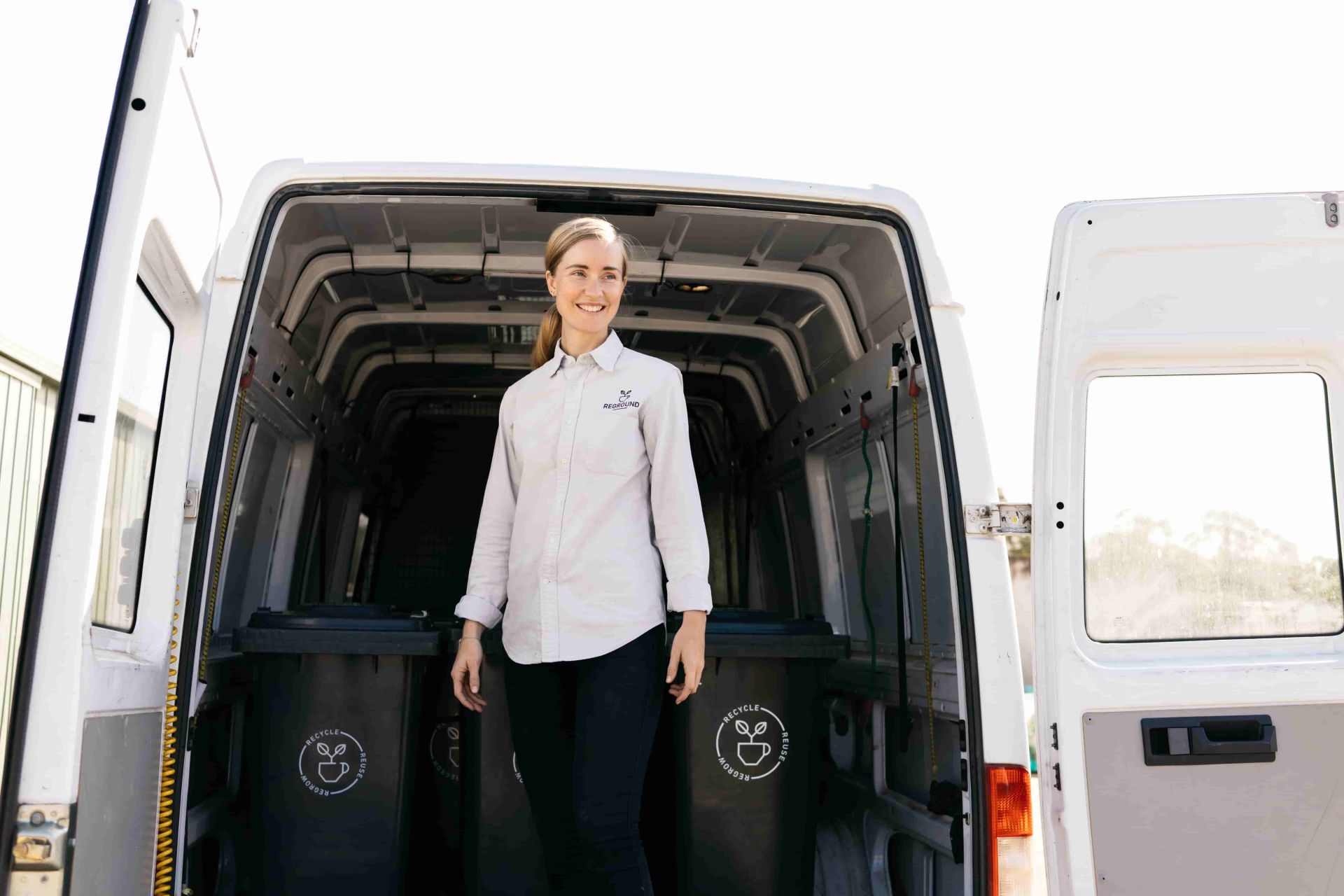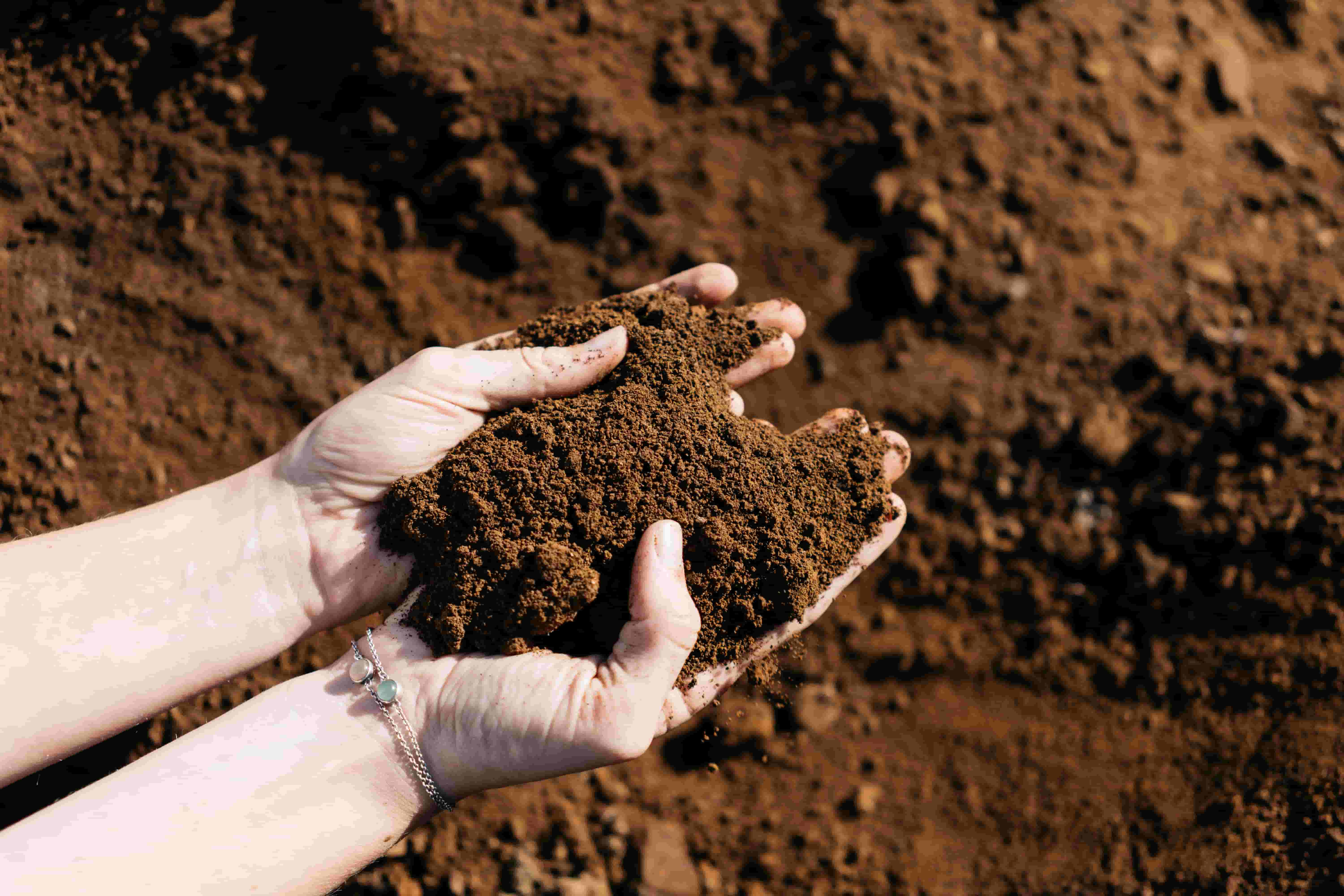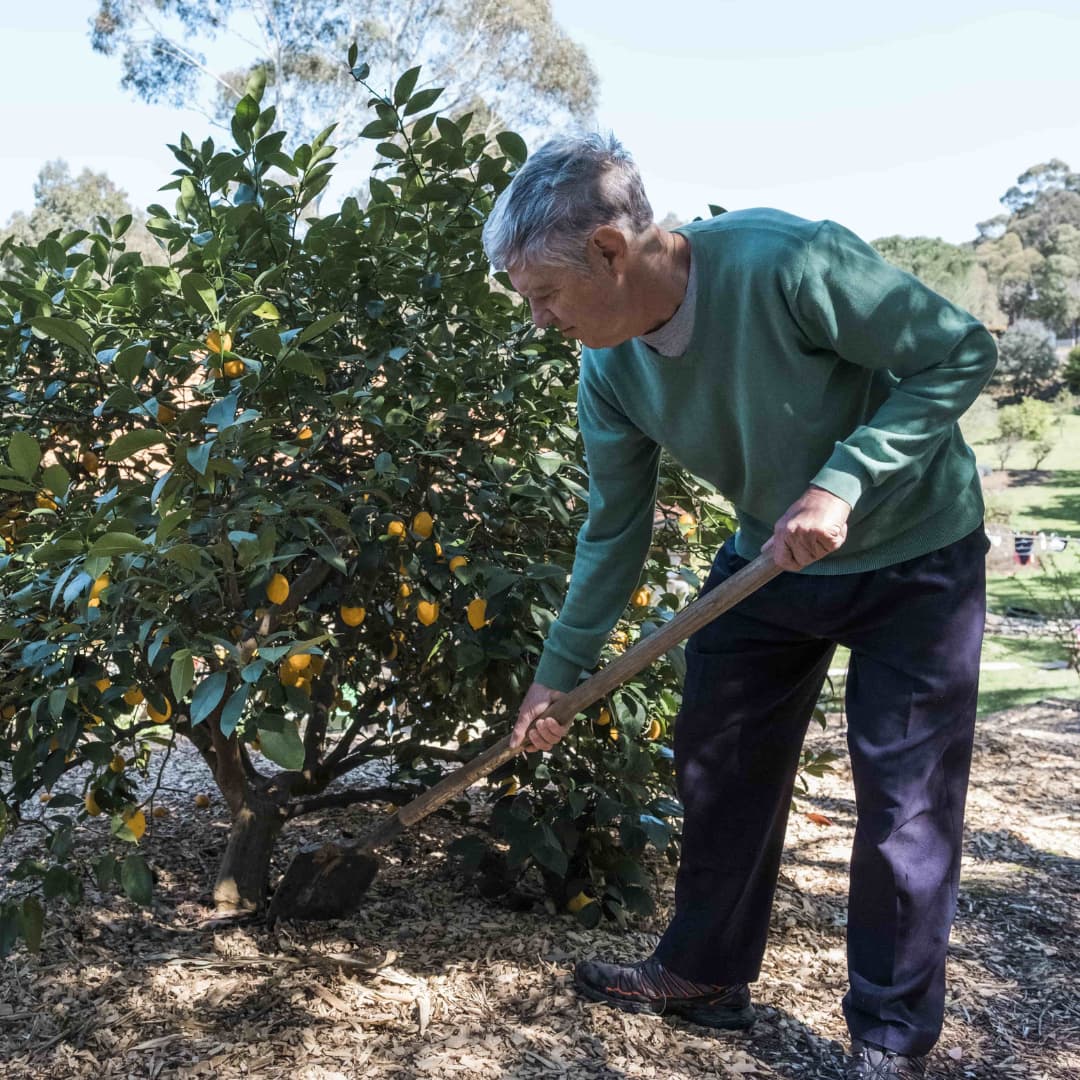The Reground team is on a mission to turn waste into a resource to create a waste-free world.
Have you ever wondered what happens to the coffee grounds that supply your morning coffee? What about the soft plastic that can’t go in the recycling bin?
Ninna Larsen did more than wonder what happened to waste. She created a social enterprise that would (re)use it for good. Enter: Reground; a social enterprise helping organisations and individuals create a circular economy through waste collection and waste minimisation projects.
The Reground team is on a mission to turn waste into a resource to create a waste-free world. They have three key ways of doing this: Collecting ground coffee and chaff (a by-product of the coffee roasting process) from businesses and diverting it back to the local community for use, diverting soft plastic from a lifetime in landfill and turning them back into a resource, and providing strategies and solutions in waste reduction through data-driven behavioural change.
Established in 2015, Reground has played an important and influential role in shaping Melbourne’s growing circular economy. Ninna’s brainchild has now grown into a team of 12, including drivers and office staff that are based in Melbourne Innovation Centre's (MIC) Alphington Incubator.
Ninna Larsen did more than wonder what happened to waste. She created a social enterprise that would (re)use it for good. Enter: Reground; a social enterprise helping organisations and individuals create a circular economy through waste collection and waste minimisation projects.
The Reground team is on a mission to turn waste into a resource to create a waste-free world. They have three key ways of doing this: Collecting ground coffee and chaff (a by-product of the coffee roasting process) from businesses and diverting it back to the local community for use, diverting soft plastic from a lifetime in landfill and turning them back into a resource, and providing strategies and solutions in waste reduction through data-driven behavioural change.
Established in 2015, Reground has played an important and influential role in shaping Melbourne’s growing circular economy. Ninna’s brainchild has now grown into a team of 12, including drivers and office staff that are based in Melbourne Innovation Centre's (MIC) Alphington Incubator.




